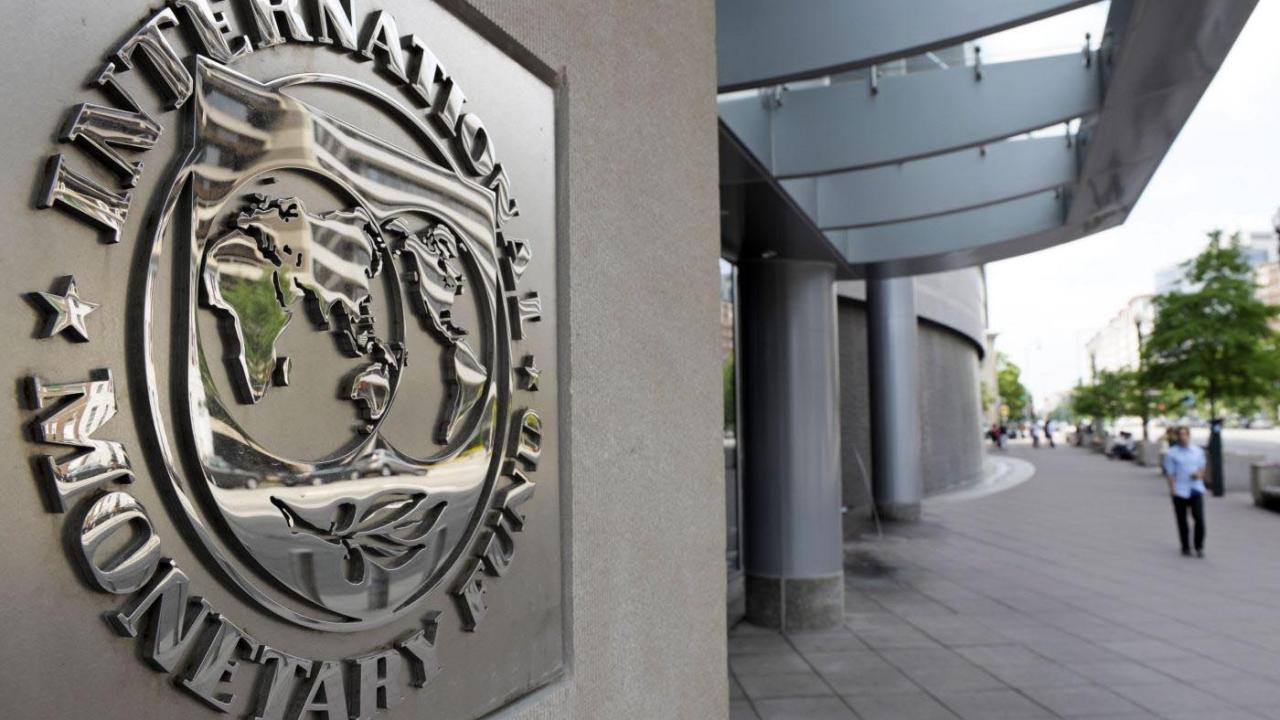
Recall the adverse impact on the Chinese and US markets of the previous tariff war between the two superpowers.
Global geopolitical risks have increased significantly in recent years, reaching their highest level in decades. This could threaten macrofinancial stability through various channels, according to the International Monetary Fund (IMF), which recommends that financial supervisors incorporate them into their stress tests.
As stated in Chapter II of its "Global Financial Stability Report," the financial sector's exposure to geopolitical risk can be inherently difficult to determine ex ante given the uncertain nature of these events, which underscores the importance of conducting scenario analyses to determine the resilience of financial institutions to various geopolitical risk shocks.
In this regard, the IMF recommends that scenario analysis and stress testing, which incorporate the interaction of geopolitical risks with traditional market, credit, and liquidity risks, "can support the assessment and quantification of the transmission of geopolitical shocks to financial institutions."
To support scenario analysis and stress testing, the international institution notes that data should be collected on financial institutions' direct and indirect exposure to geopolitical risk.
In this regard, the report emphasizes that financial institutions' capital and liquidity reserves must be capable of absorbing extreme, but plausible, losses associated with the materialization of geopolitical risks.
It also warns that policymakers must also ensure they have the right tools to address the consequences of financial stability stress on non-bank financial intermediaries, including the use of liquidity management tools by open-ended funds to mitigate the systemic impact of abrupt capital outflows in the face of geopolitical risk events.
In its analysis, the IMF warns that the impact of geopolitical risks on asset prices can vary by asset class, sector, and country, adding that their impact on countries also tends to vary depending on their economic and structural characteristics.
Increased geopolitical risk can impact financial asset prices through an economic channel, where the threat or realization of geopolitical restrictions on trade and financial transactions disrupts supply chains, reverses capital flows, or generates adverse demand shocks in the economy affected by the restrictions, directly affecting financial and real asset prices.
"These changes can also indirectly affect asset prices through policy responses to macroeconomic events, such as growth and inflation," he adds.
The IMF also warns that increased geopolitical risk can affect financial asset prices through a second channel: market confidence, generating macroeconomic and financial uncertainty even in the absence of conflict or policy change. This impacts asset prices through a decline in investor confidence and an increase in risk aversion.
For its part, it notes that sovereign risk premiums, yields, and exchange rates also react to geopolitical risk, noting that the impact "appears to be more pronounced in commodity-importing countries," while currencies, especially those of commodity-importing countries, appear to weaken, on average, after major global geopolitical risk events.
US-CHINA TRADE WAR
On the other hand, the IMF's report points out that trade tensions are one way geopolitical risk can manifest itself, although trade-related measures are not necessarily associated with it.
"Trade tensions, such as tariffs, trade wars, and sanctions, could be imposed for geopolitical reasons and impact international relations and economic activity," he explains.
In this regard, he recalls that tariff announcements by China and the United States between 2018 and 2024 had a negative impact on stock prices.
Specifically, it estimates that following the US tariff announcements on China, the stock prices of Chinese companies declined by nearly 4%, on average, while the stock prices of US companies fell by between 1.6% and 1.8% on average, following China's retaliatory tariff announcement on August 23, 2019.










